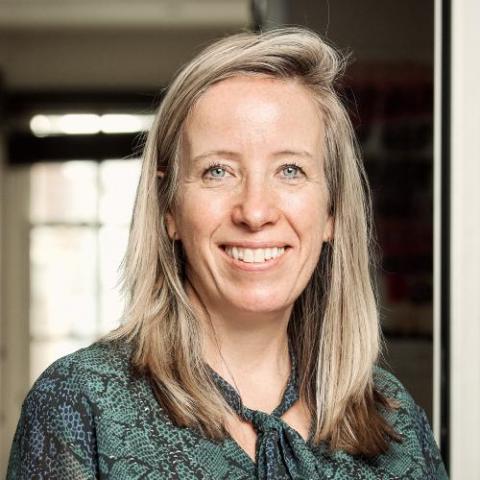O2: Merger in the time of COVID
14 May 2020O2’s merger with Virgin Media seems more of a marriage of convenience than a determined pursuit of synergy benefits. With the owners effectively selling their stakes, the combination will be well-advised to exercise caution in any convergence strategy that they pursue.
O2’s results this quarter appear to be fairly decent with all metrics ticking up slightly, although caution is advised in interpretation and pressure on ARPU has not eased.
With the mobile sector reasonably well insulated from COVID-19 and O2 likely to fare better than most in out-of-contract discounts, the short-term outlook is relatively robust, but competitive and macroeconomic vulnerabilities remain on the horizon.


